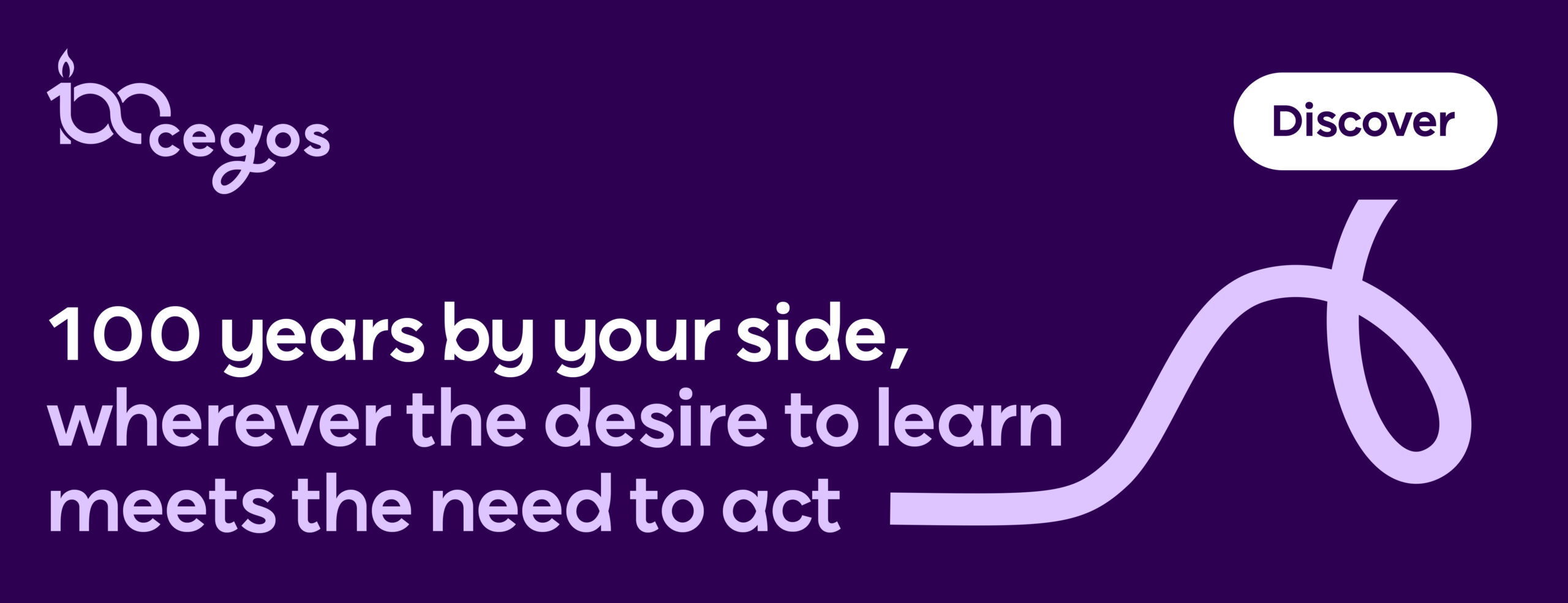
First-Time Managers: 5 essential skills for a changing world

In many organisations, first-time managers are seen as individuals on the frontline of transformation. They are expected to lead teams, drive results, and embody company values, all while learning how to manage for the very first time.
People-centred skills are essential if these managers are to become effective in their roles. In today’s environment of transformation and uncertainty, it is these so-called ‘soft skills’ that will help companies achieve success.
According to the Cegos 2025 International Barometer on First-time Managers, there is a clear alignment on this issue between first-time managers and HR professionals. However, challenges remain.
So, what skills do leaders need to navigate the complexities of a changing world?
1- Leadership and team motivation
When asked what skill first-time managers most wanted to develop to better perform their role, ‘leadership and motivating teams’ came top. It is also the number one priority for HR professionals (37%).
These skills have a huge impact on the success and profitability, or otherwise, of a company. When people feel motivated and trust their leaders, performance is more likely to be high.
2- Communication skills
Communication is a foundational skill, especially in hybrid environments, where relationships that come from informal exchanges – such as ‘water-cooler’ moments – are reduced and the risk of misunderstanding is high. Communication is key to reducing stress and managing relationships.
95% of first-time managers say they have the tools to communicate with their teams. In this context, communication can help to bridge gaps, prevent friction, and inspire action, not just relay information. When leaders powerfully articulate what they want to happen, they create confidence as well as action.
Managers should also be able to communicate with people outside the organisation, not just with clarity but also with influence and emotional intelligence.
First-time managers need training that goes beyond messaging to develop their presence, listening skills, and ability to connect across diverse teams.
3- Empathy and emotional intelligence
Empathy is not about being ‘soft.’ It means having the emotional intelligence to sense when a team is struggling, and the skills to intervene constructively. Indeed, it is essential in today’s environment of burnout risk, change fatigue, and generational shifts.
One of the most promising findings in the Barometer is the human vision that first-time managers have of their role. In addition to performance and process optimisation, many see team cohesion, well-being, and development as core responsibilities. This view is shared by HR, with ‘empathy’ ranked among the most important behavioural skills.
However, managers face a tension between the pressure to deliver versus the desire to support. Emotional intelligence – including the ability to manage conflict, understand team dynamics, and respond attentively to each individual situation – must be a trained skill, not assumed to be innate.
We should also recognise that first-time leaders are human, and they too can be vulnerable. Indeed, teams respect vulnerability and understand nobody can be perfect. Managers also need empathy to help them navigate the many challenges of modern leadership, where transformation and uncertainty remain a constant. When they have that support, they are more likely to perform well.

4- Decision-making
Decision-making was ranked a top priority by 25% of first-time managers and 30% of HR professionals. But in a world flooded with information and ambiguity, making good decisions quickly is harder than ever.
Cognitive biases always distort fast decisions. First-time managers need structured methods, not just instinct. They should be able to slow down when it matters, identify faulty assumptions, and apply critical thinking, especially when using AI-driven tools or data.
As environments and technologies evolve, so too must decision-making. Organisations that cultivate awareness, agility, and mental clarity under pressure in their first-time managers are more likely to succeed.
5- Promoting team well-being
Well-being is central to company strategy. This means setting realistic expectations and promoting psychological safety, including permission to fail.
Promoting well-being is not just about helping others to succeed in this balance. It begins with managing one’s own capacity. Indeed, first-time managers must exemplify a good work-life balance to promote a healthy attitude amongst their teams.
Unfortunately, many managers report struggling with workload, resource limitations, and pressure to deliver. If these issues go unaddressed, the risk of manager burnout, disengagement, and high talent turnover will undermine the leadership pipeline.
The human core of leadership
It is encouraging to see first-time managers and HR professionals focusing on all the skills managers need to navigate an uncertain world and build high-performing teams.
With the right approach, first-time managers can look forward to a successful future that also benefits the companies they work for.
Click on the following link to download the Cegos 2025 International Barometer on First-time Managers.
* For this barometer, the Cegos Group polled over 4700 first-time managers and HR leaders in 10 countries in Asia, Latin America and Europe.










